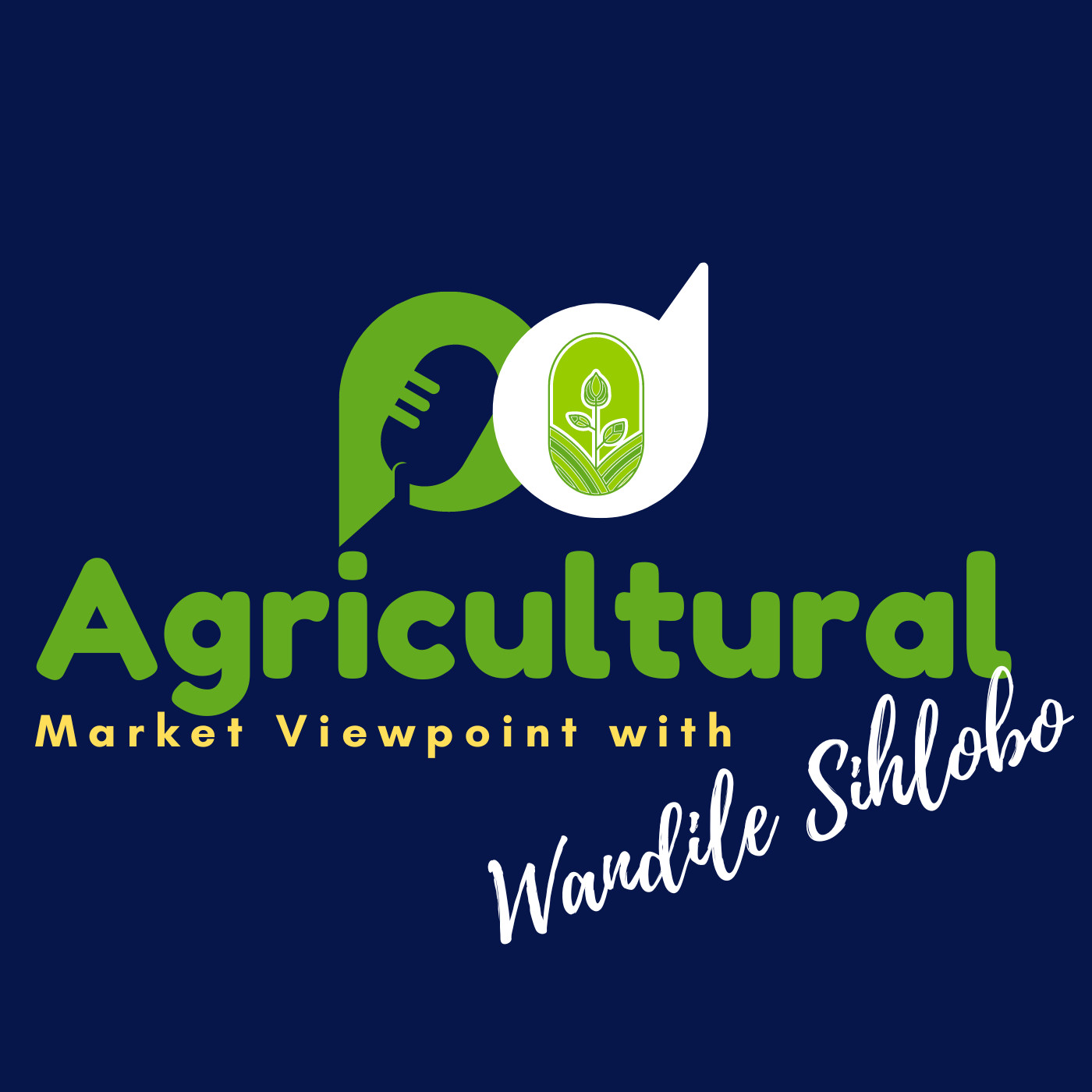Food prices in South Africa
Description
Food inflation has been topical over the past few months, and South Africa saw double-digit levels from mid-2022 to mid-2023. This was not unique to South Africa but a global phenomenon underpinned by various factors, including drought in South America, China's strong demand for grains and oilseed, higher energy prices, and the Russia-Ukraine war, amongst other factors.
Positively, from March 2023, South Africa's consumer food price inflation began to slow, from 14,4% at that time to 8,0% in September 2023. The product prices underpinning this deceleration throughout this period were primarily bread and cereals; meat; fish; and oils and fats.
But October 2023 disrupted the six months consecutive decline, with South Africa's consumer food inflation having quickened to 8,8%, from 8,0% in the previous month. The product prices underpinning this increase were mainly milk, eggs and cheese; fruit; and vegetables. Still, I believe that for all these products, the recent price rises will likely be a temporary blip. They are a reaction to brief supply constraints in the past few months.
The avian influenza was the main issue behind the eggs supply constraints, which remain a challenge although not as acute as we saw in September and October. Regarding the vegetables, potatoes were mainly the driver of the prices in the basket as the harvest was limited following quality challenges caused by irrigation disruptions in some fields due to load-shedding in much of the year's first half.
But with interventions underway in the poultry sector, such as importing fertilized eggs to rebuild the parental bird stock lost from avian influenza, importing table eggs (powder and liquid eggs that would help in the baking process and free the whole eggs for human consumption), and the ongoing processes about the possible vaccinations to curb the spread of the disease, I am hopeful that the prices will likely normalize in the coming months.
Furthermore, the eggs have a lower weight within the food inflation basket, at 0.4%, which means their impact may not be as pronounced in an overall inflation figure.
I expect a similar recovery in vegetable and fruit supplies in the coming months, which will help ease the current upside price pressures. The load-shedding has reduced somewhat, and farmers have invested in alternative energy sources, which is helpful for production conditions.
Overall, I remain optimistic that South Africa's consumer food price inflation will return on a moderating path going into 2024. Some products that will likely drive such a price trend include grain-related products, as well as fats and oils.
We discuss more in this week's podcast segment.
My writing on agricultural economic matters is available on my blog: https://wandilesihlobo.com/
Podcast production by: Lwandiso Gwarubana, Richard Humphries, and Sam Mkokeli
More Episodes
After publishing a sharp contraction of -12,2% year-on-year in 2023 of the agricultural gross value-added performance, Statistics South Africa revised the figures to a mild contraction of -4,8% year-on-year. This revised figure is roughly in line with the expectations of various researchers, most...
Published 06/10/24
Published 06/10/24
We appreciate that the minds of many South Africans are on national elections matters, but food matters remain vital in the midst of all.
Thus, reflecting on the latest Crop Estimates Committee's (CEC) forecasts for the 2023/24 summer crop production season is valuable. This is a fourth...
Published 06/03/24


